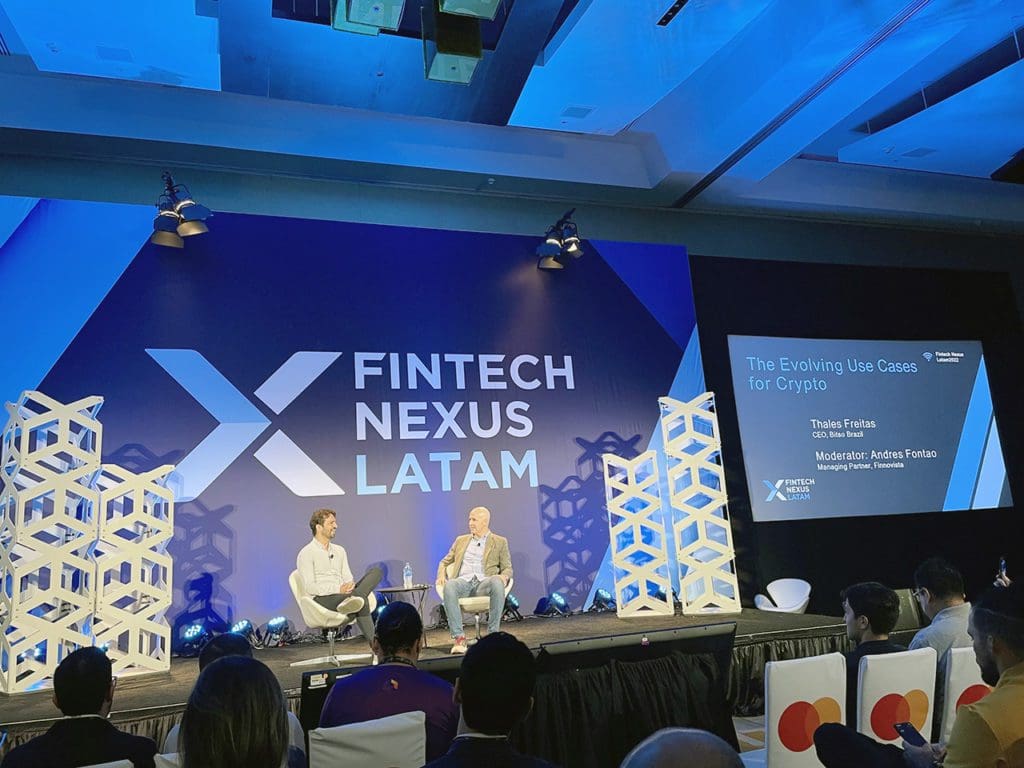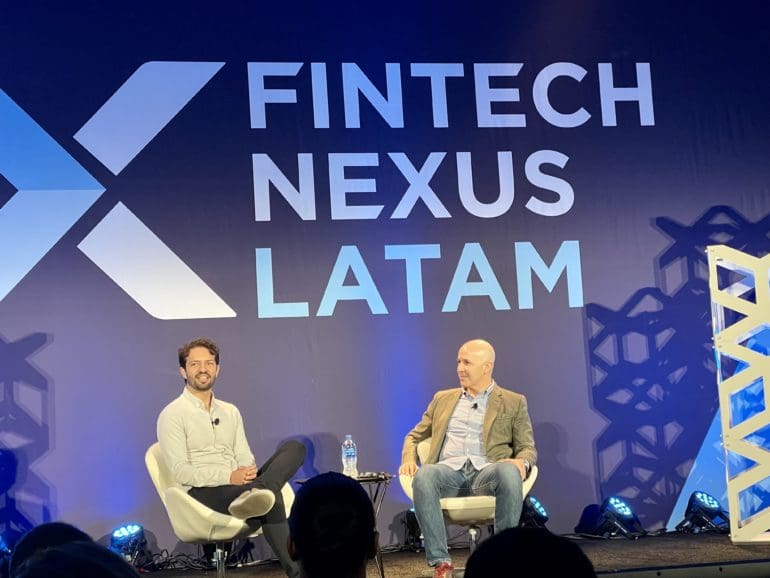MIAMI, Fla. — The second week of November became one of the most profound crisis periods in the crypto market after FTX went into a liquidity crisis and filed for bankruptcy.
Founded by now ex-billionaire Sam Bankman-Fried — who was arrested in the Bahamas on Monday, Dec. 12, after U.S. prosecutors filed criminal charges against him — the exchange blocked withdrawals from customers after rampant ransomware run on the meltdown of its token, FTT.
The case affected FTX and the companies involved with it. It spread into a crisis across the entire crypto sector, generating a lot of distrust and fear of what might happen to other exchanges in the future.
LatAm’s crypto exchanges were also impacted
In Latin America, as Fintech Nexus previously reported, local exchanges and crypto wallets rushed to alleviate their customers amid the FTX meltdown.
Along the companies trying to soften the crisis impact on their business was Mexico’s Bitso, one of the largest crypto exchanges in LatAm. At that time, Bitso’s founder Daniel Vogel said, “all of our client’s funds are in our custody and safe from any liquidity or credit risk, even if we see a spread of contagion in the industry.”
Although Bitso has no direct or indirect exposure to FTX, the company decided to recover investments in credit funds that are part of the Bitso+ program, which offers a monthly income to its clients. This caused profits to drop in subsequent weeks.

A crisis that will change the market
For Thales de Freitas, CEO of Bitso Brazil — who attended the Fintech Nexus LatAm 2022 event to talk about the current state of cryptocurrencies — the FTX crisis will be significant in the crypto industry and will demand that market players listen more to the players involved in the ecosystem; fundamentally to customers.
Freitas said that, in his opinion, bad apples like Bankman-Fried and FTX continue to damage the image and reliability of cryptocurrencies because people still have, by and large, a great deal of ignorance and prejudice regarding how this market works.
“Still, a lot of people think crypto is not legal. They don’t trust it. So this (FTX’s situation) was bad because people started questioning if all exchanges are safe,” said Thales de Freitas, CEO of Bitso.
“We saw a lot of withdrawals as well. But in the case of Bitso was super transparent. We’ve been doing this for eight years. We’re very upfront with our clients, how we ended their funds,” complementó Freitas.
For the executive, however, the current crisis is not far from what has been experienced by other markets in recent years. Still, the crypto world will recover and make its regulation more robust.
“I came from traditional finance, and in 2008 I’m sure a lot of you worked in banks and saw what happened with the US financial system. What’s happening with crypto right now is not very different,” said the CEO, who believes that further recovery of this market will also come with greater transparency and efficiency — things requested by several players in recent weeks.
The largest crypto exchange in LatAm
Bitso is the largest crypto exchange in Latin America and operates in Mexico, Brazil, Colombia, and Argentina. In October of this year, the company reported that it had surpassed 6 million customers in Latin America, which became the fastest growth Bitso has seen since its inception in 2014.
Through 2022, Bitso has managed to circumvent the well-known crypto winter with products like Bitso+, with which users get income from their BTC, ETH, and USDC just by leaving their cryptocurrencies in Bitso’s wallet.
Related:
But in recent months, it has also focused on diversifying the uses of cryptocurrencies for regular payments. Thus, the company this year enabled its QR Code payment system in Argentina, making them the first crypto platform in the region to deploy it, and recently announced its alliance with Mastercard for its next launch, the Bitso Card, in Mexico.
In addition, the exchange plans to launch in Brazil a payment tool for its customers that will feature integration with the famous local system PIX, allowing its users to make instant payments in cryptocurrencies such as stablecoins – one of the most traded in countries like Argentina.


